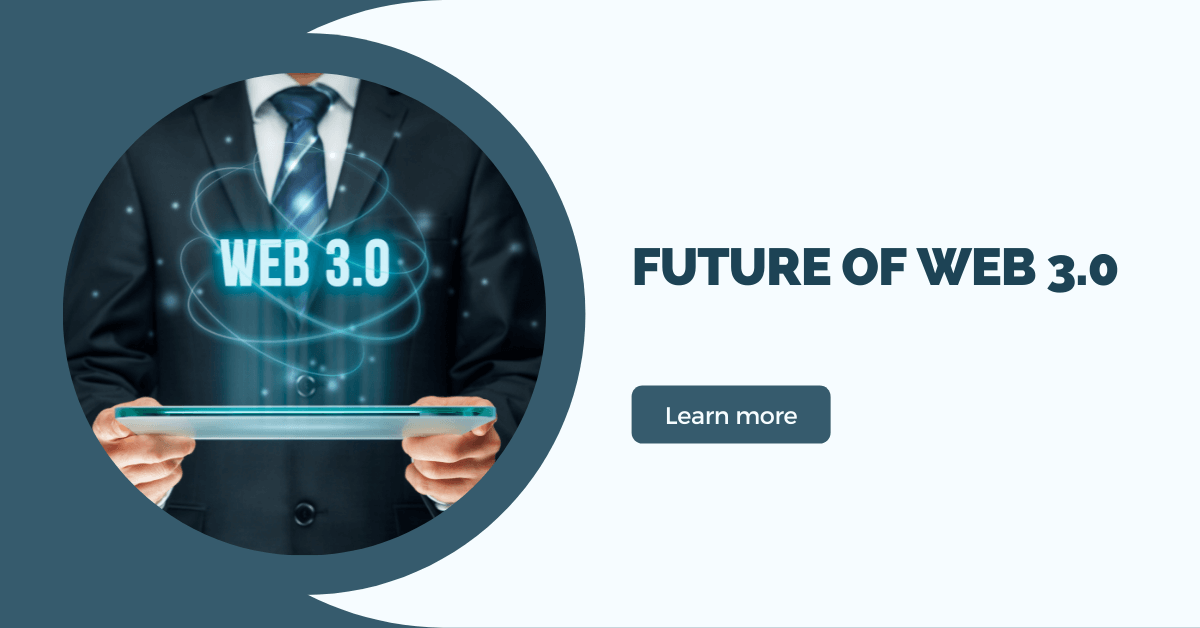
Just like how everything evolves, the internet is evolving every day too. We have come a long way since the launch of the internet, and it is much different than what it was ten years ago. When the internet was limited to desktop computing and local physical storage it was termed web 1.0. With the introduction of mobile computing and cloud storage, we are currently experiencing Web 2.0. With web 3.0 already in the works, the future of the internet will leverage technology, machine learning, AI and blockchain to achieve real-world human communication.
The primary difference between Web 2.0 and Web 3.0 is the decentralization of the latter and it will be a privacy-driven future. Along with these, some of the major characteristics of Web 3.0 will be verifiable, more distributed and robust, and self-governing with native in-built payments. Unlike the current versions of the web, in Web 3.0, the developers will not require to build and deploy applications that store their data in a single database or to run it on a single server.
Instead, in the future of Web 3.0, we will see more applications that run on decentralized networks of many peer-to-peer nodes or blockchains or even better yet, the combination of both blockchain and decentralized networks. The apps that run on the combination of blockchain and decentralized networks are often termed as dapps (decentralized apps) and in the future, it will become more common in the Web3 space.
How will Web 3.0 change the future of the internet?
The introduction of Web 3.0 is not about how it will change the future of the internet, but how it will become the future in itself. With Web 3.0 becoming more prominent in the coming days, blockchain, cryptocurrency, and other future-forward technology will play a big role in many of the protocols.
Here are some of the key principles on what the future of Web 3.0 looks like in the coming years:
- Blockchain technology: Since both blockchain and Web 3.0 focuses on decentralization, blockchain technology will become an inseparable part of the future of Web 3.0. In both blockchain and Web 3.0, there is no one governing entity, and no single person or organisation has complete control of the ecosystem. As a result, blockchain technology will become an integral part of the Web 3.0 landscape.
- Users will have more control over their data: If with Web 3.0, blockchain is executed properly, the users will have more control over how they and with whom they want to share their data. Users will be able to determine for how long they want to share their data and revoke access to it anytime they want it. They will also be able to track if any company sells their data to a third party and to who it was sold.
- Rise of the content creators: With blockchain technology and the creators having more control over their content, they will be able to monetize their content connect with their fans directly. Keeping an open mind towards new technologies that will come into play, will ultimately drive the future of Web 3.0 and user privacy.

